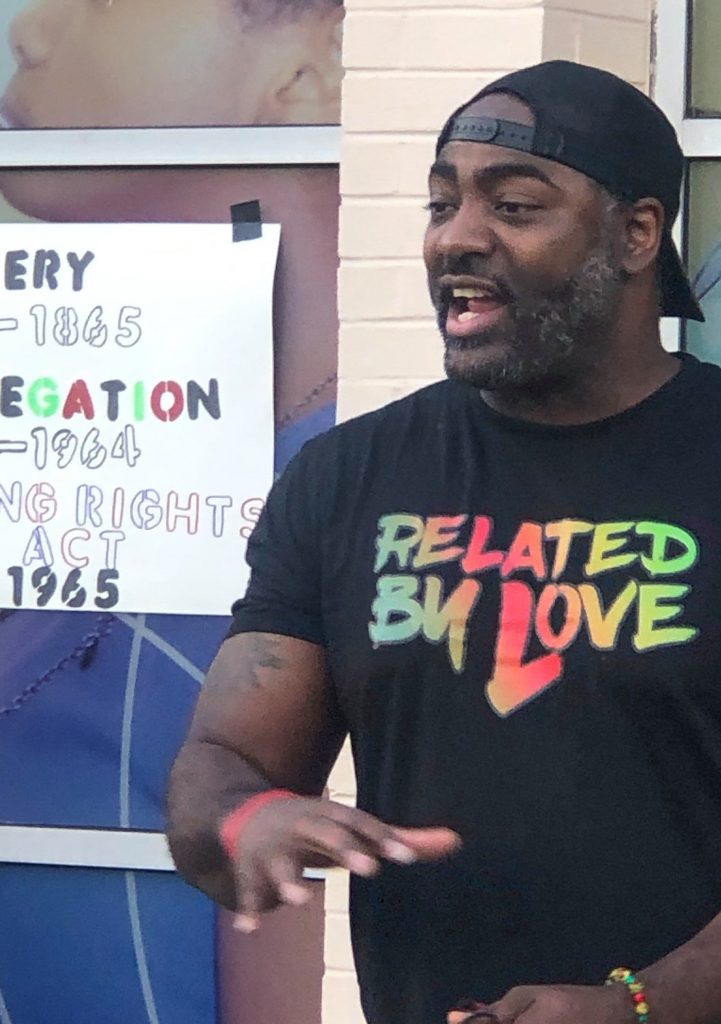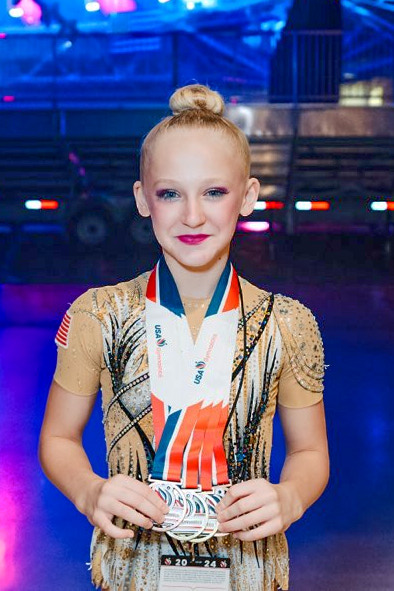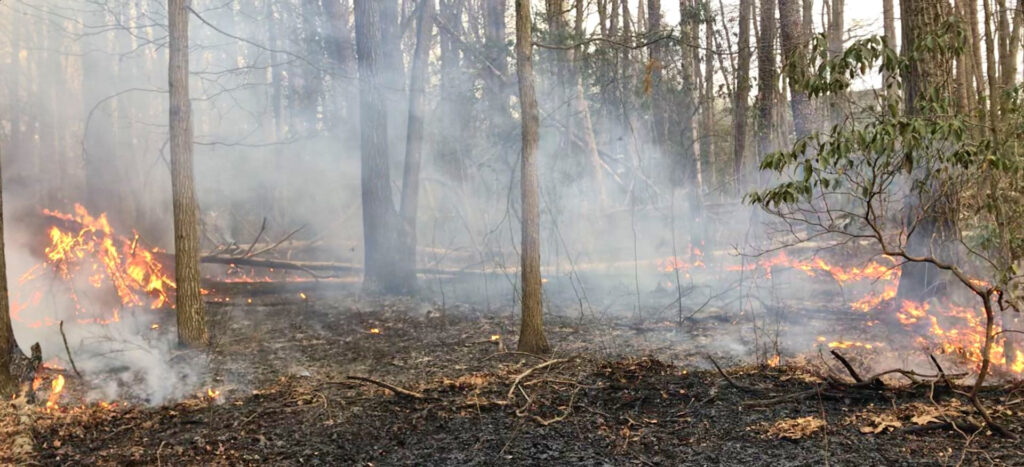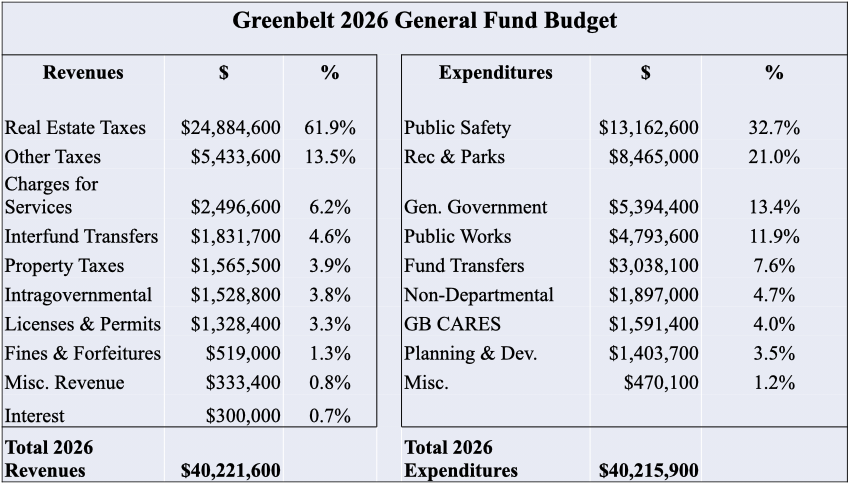The drum call drew people to the grounds of the community clinic in Franklin Park. The Drum Circle, led by Katy Gaughan, created a cadence that was both mournful and celebratory. The beat moved heads and bodies into silent communication and as the rhythm slowed it became the cadence of a heartbeat. Participants moved their hands rhythmically over their hearts as the death of George Floyd hung heavily over this commemoration.
The people gathered weren’t an audience but equal participants in this commemoration of Juneteenth, an African-American holiday that celebrates the last enslaved people in Texas to learn that slavery had been abolished two and a half years earlier.
“Karibu/Bienvenido,” Lois Rosado greeted the gathering in Kiswahili and Spanish. The ceremony began with a libation to the ancestors: those who had been enslaved in this country for 246 years and then were ensnared by Jim Crow laws, limiting their opportunities for education, employment and housing for another 100 years.
Following the libation was a prayer by Rev. Ray Raysor, a member of the Franklin Park community, who called for racial equality and economic justice.
The Drum Circle beat a rhythm for 8 minutes and 46 seconds, the amount of time that America watched the life of Floyd ebb from his body.
“Juneteenth is not just a celebration but it encompasses the triumphs and the sorrows of African peoples in this country,” said Pastor Aaron Tinch of Rivers of Life AME Church, located in Franklin Park. “We find it not contradictory to celebrate and cry. Celebration requires remembrance. We have done it for generations.”
Elected officials and citizen-leaders stood, socially distanced, but in community. Maryland State Delegate Nicole Williams introduced West Coast poet Ishma’il Allgood from Los Angeles who shared one of his poems. His impassioned refrain echoed from the buildings and challenged attendees as he cried out in anguish, “Justice – why do you keep leaving me?”
Councilmember Emmett Jordan reminded the gathering of the significance and importance of Juneteenth to the African American community and the confluence of Floyd’s death.
Robin Hawley-Gorsline and Rosado read Langston Hughes’ poem Let America Be America Again in call and response. Each stanza described America’s greatness and the response, “America never was America to me,” encompassed the struggles of the poor, the Black, the Indian, the immigrant, the laborers and the underpaid in poetic searing cadence. After the indictment of failures, Hawley-Gorsline and Rosado conclude with the poet’s words of hope: “America never was America to me and yet I swear . . . America will be!”
Brian Butler recounted the code talk often used by African Americans to convey important messages. He drew the parallel of code talk tradition as he rapped a portion of poet-philosopher hip-hop artist’s KRS-One’s Knowledge Reigns Supreme/Ah Yeah, referencing influencers from Moses to Jesus to Harriet Tubman to Marcus Garvey to Malcolm X. Butler lamented that the message in current hip-hop is lost but that hip-hop pioneers used the artform to teach and educate.
Mayor Colin Byrd spoke to the gathering connecting the past and the present – reminding us that we’ve been at these crossroads before and that we must do something different. As an alumnus of the University of Maryland, he used the analogy of the turtle whose shell is hard – to protect what’s essential and important; the soft inside to birth change, and its willingness to stick its neck out to view the world and what is going on.
Faith is a strong tradition in African American communities, and Tinch closed out the commemoration.
As the Drum Circle began its rhythmic conclusion, Jeffrey Gordon, Ric Gordon’s father visiting from Pittsburgh, mused on the diversity of the crowd. And as the drummers closed out this Juneteenth, also called Freedom Day, the community, Black and white, greeted each other.




